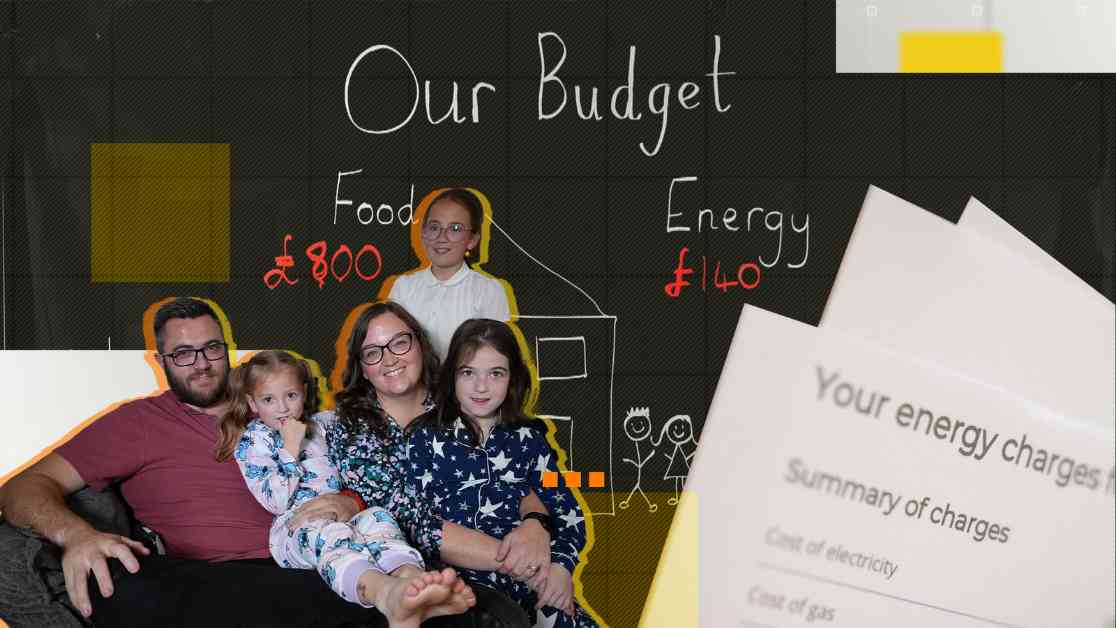Lowri Williams, a part-time charity worker, is one of many individuals struggling to make ends meet due to low income and limited financial support. She describes her situation as “living hand-to-mouth,” highlighting the challenges faced by those earning too little to support themselves comfortably, yet too much to qualify for significant financial assistance.
The freeze on personal allowances has resulted in a 60% tax hike for working individuals in the bottom 25% of earners over the last three years. This has led to a higher proportion of income becoming taxable, affecting thousands of people. The potential extension of this freeze could further impact around 400,000 individuals, forcing them to pay income tax and higher rates.
Moreover, low to middle-income households are experiencing stagnant income growth, with only an 11% increase in the last decade compared to nearly 50% in the mid-1990s to early 2000s. This financial pressure is exacerbated by fluctuating earnings and potential restrictions on sickness benefits.
Universal Credit, a state-funded benefit that provides support to households in and out of work, plays a crucial role in supplementing the income of low-income families. However, the taper rate of 55p for every £1 earned can lead to reductions in benefits for individuals like Lowri, impacting their overall financial stability.
With social tariffs and discounted packages available for essential bills, individuals like Lowri can potentially save money and manage their expenses more effectively. Additionally, the National Living Wage (NLW) increase aims to boost the living standards of lower-income families, but the clawback effect through lower benefit entitlements poses challenges for those on Universal Credit.
The Matthewman family, living below the Minimum Income Standard (MIS) despite their combined income, reflects the struggles faced by many families in meeting their basic needs. Energy bills, council tax, and other essentials consume a significant portion of their monthly income, leading to financial stress and uncertainty.
As the government considers budget decisions that impact tax rates, benefits, and support programs, individuals like Lowri, the Matthewman family, and millions of others across the UK continue to navigate financial hardship and strive to achieve financial stability. The need for comprehensive policy measures to address income inequality, rising living costs, and limited financial support remains a pressing issue for working individuals and families nationwide.













